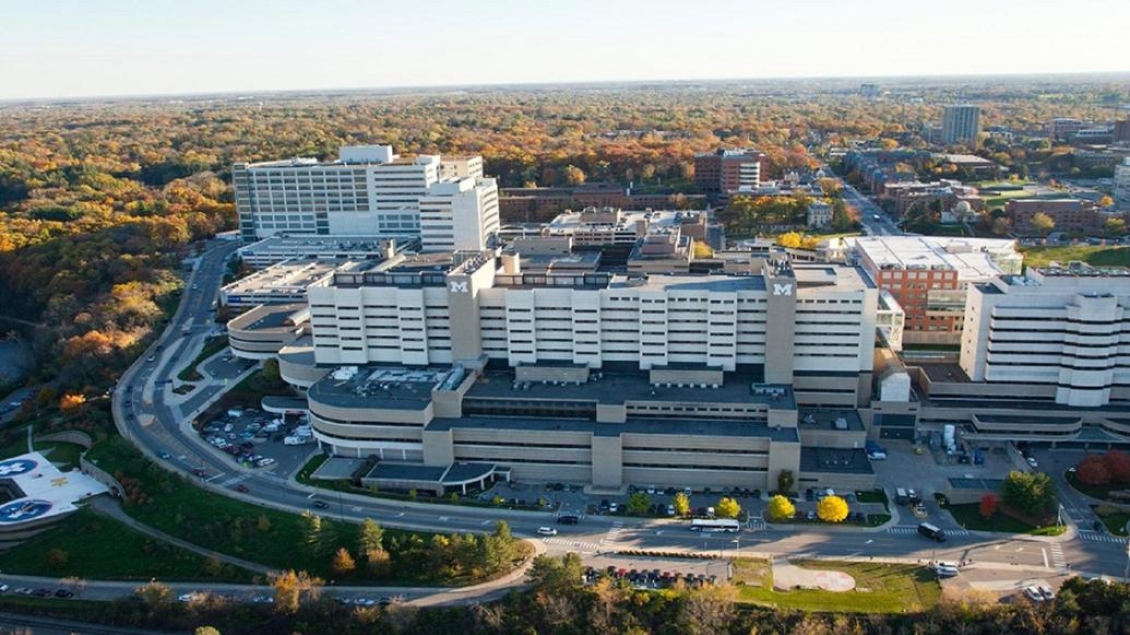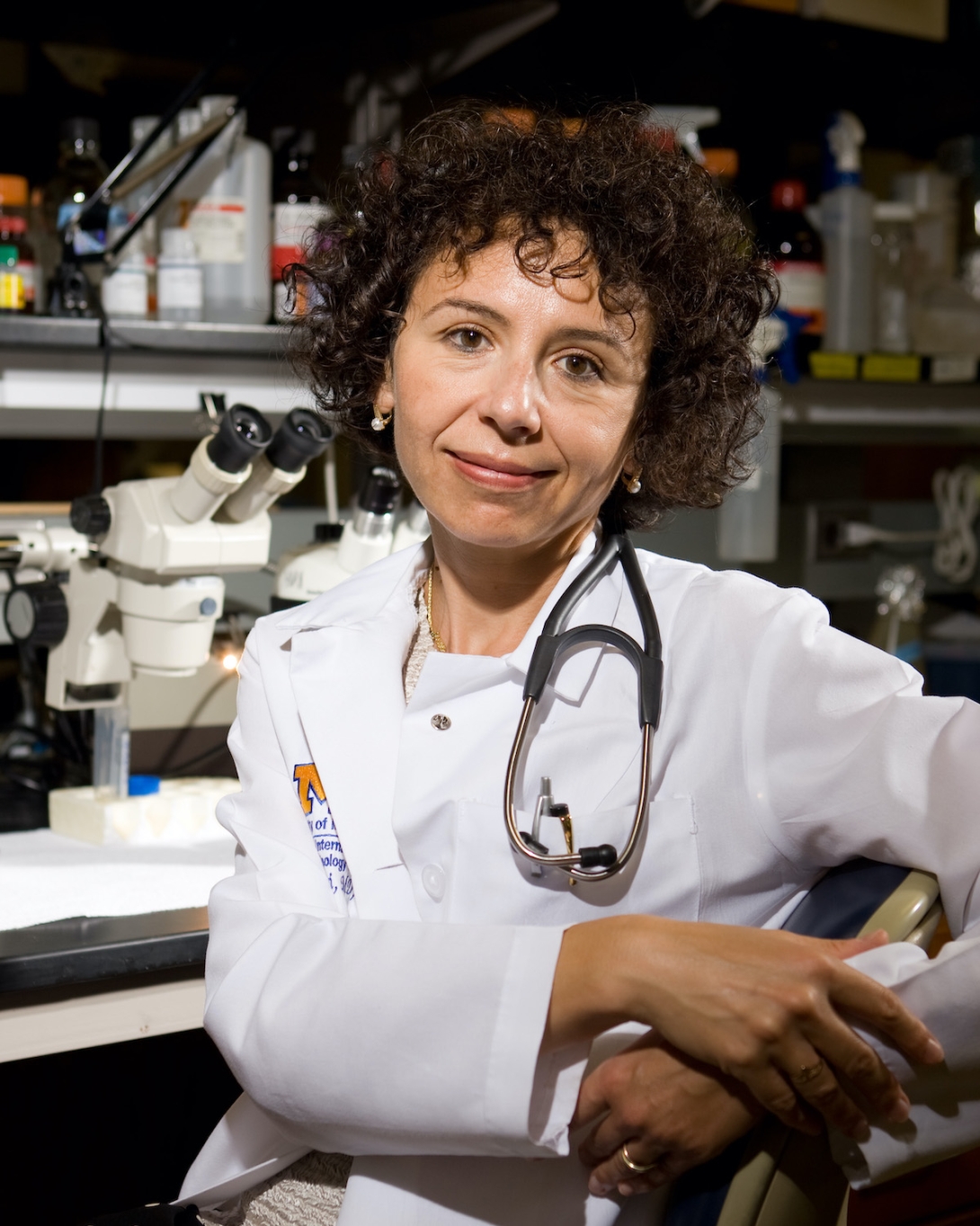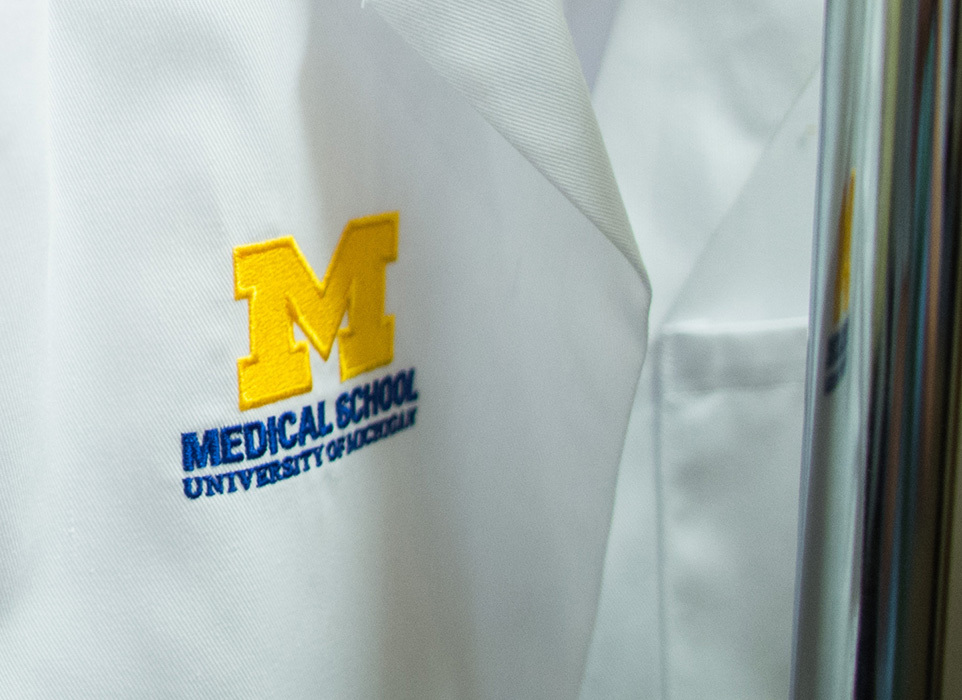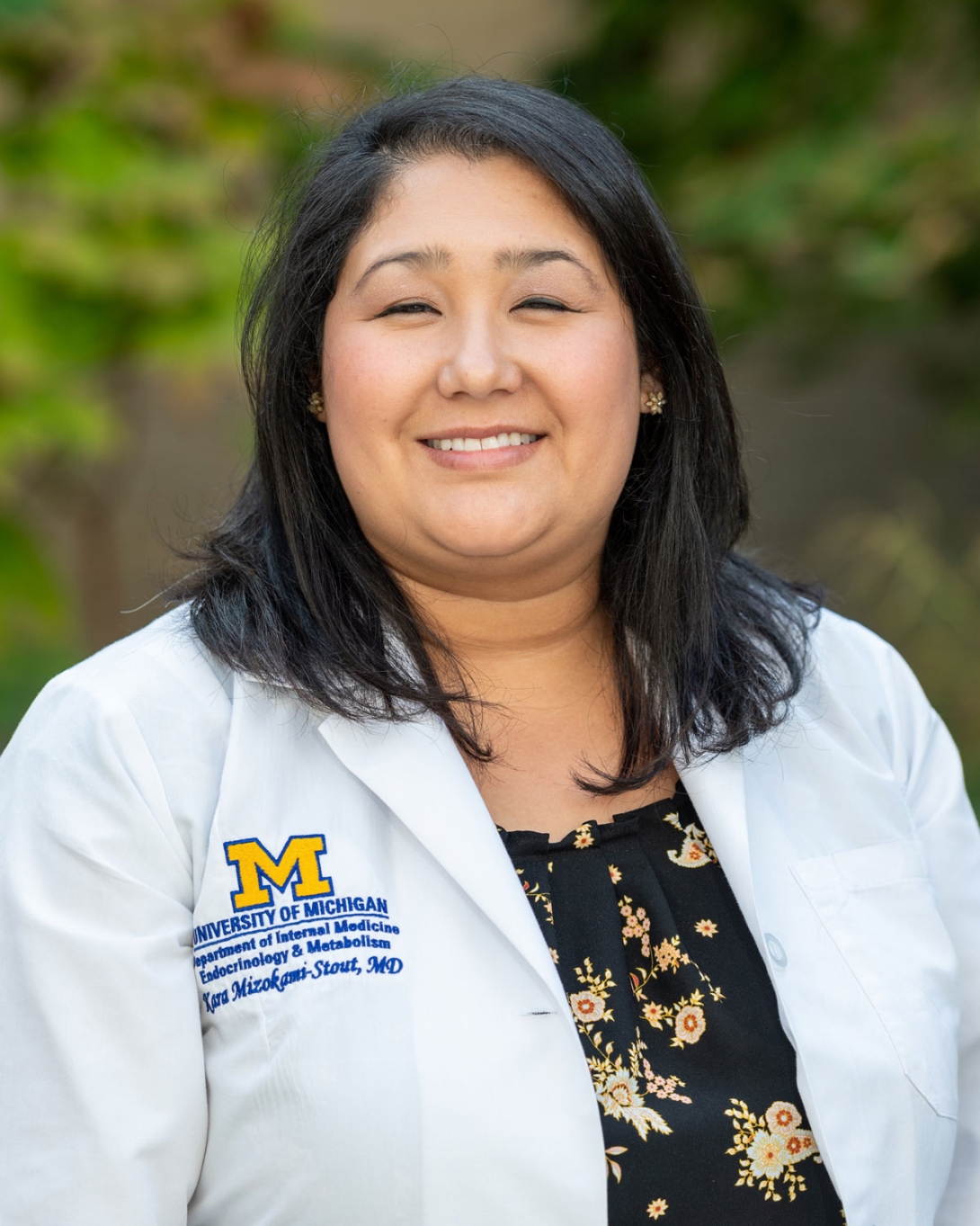
The Program for Clinical Research in Diabetes Care & Complications works to advance the knowledge in the field of diabetes and its complications, while improving the clinical care and life of all patients with diabetes in the U.S. and throughout the world.
Incidence and Predictors of Acute and Chronic Complications in Patients with Diabetes and Severe COVID-19
This study involves all patients of the Michigan Medicine COVID-19 Cohort (M2C2) that were admitted to the University of Michigan with severe COVID-19 infection. We previously collected baseline samples from these individuals when they were in the hospital. In these participants, we observed a significantly higher risk for severe acute complications in patients with diabetes compared to those without diabetes. Thus, we want to understand what drives this risk, as well as to understand the long term complications of COVID-19 infection in patients with diabetes.
The objectives of this study are to invite all surviving M2C2 participants for an in-person visit, to measure inflammatory markers and renal, neural, and cardiovascular damage biomarkers. We will also comprehensively phenotype participants for diabetic complications outcomes including diabetic kidney disease, diabetic neuropathy, and cardiovascular disease. Participants will also be requested to fill out questionnaires to assess psychosocial metrics. This study will generate the knowledge base required for much needed, and immediately applicable clinical guidelines for both risk stratification of patients at disease onset, but also management of current and future COVID-19 T2D patients after hospital discharge.
JDRF Center of Excellence - Metabolic Phenotypes and Heterogeneity in Disease Burden Risk in Type 1 Diabetes
This is a center grant focusing on patients with type 1 diabetes (T1D) to comprehensively study and understand risk factors and protective mechanisms for diabetes chronic complications; susceptibility to hypoglycemia and improvement with the use of advanced diabetes technologies; the heterogeneity in the risk of chronic complications; and minimize the psychosocial impact of type 1 diabetes.
C-Myc - Predictive and Diagnostic Biomarkers for Diabetic Foot Ulcers – C-Myc and Phosphorylated Glucocorticoid Receptor
This is a multi-center observational cohort study of patients with diabetic foot ulcers (DFU) to develop and validate potential tissue-based biomarkers that predict complete wound healing. Eligible and consented participants will begin standard of care treatment after collection of tissue specimens from the wound’s edge. An additional tissue specimen will be collected at 4 weeks. Tissues will be tested for c-myc and phosphorylated glucocorticoid receptor (p-GR) levels. Participants will be followed weekly for up to 12 weeks or until complete wound healing (whichever occurs first). One final assessment 2 weeks after complete wound healing will occur to confirm healing.
Incidence and Predictors of Acute and Chronic Complications in Patients with Diabetes and Severe COVID-19
This study involves all patients of the Michigan Medicine COVID-19 Cohort (M2C2) that were admitted to the University of Michigan with severe COVID-19 infection. We previously collected baseline samples from these individuals when they were in the hospital. In these participants, we observed a significantly higher risk for severe acute complications in patients with diabetes compared to those without diabetes. Thus, we want to understand what drives this risk, as well as to understand the long term complications of COVID-19 infection in patients with diabetes.
The objectives of this study are to invite all surviving M2C2 participants for an in-person visit, to measure inflammatory markers and renal, neural, and cardiovascular damage biomarkers. We will also comprehensively phenotype participants for diabetic complications outcomes including diabetic kidney disease, diabetic neuropathy, and cardiovascular disease. Participants will also be requested to fill out questionnaires to assess psychosocial metrics. This study will generate the knowledge base required for much needed, and immediately applicable clinical guidelines for both risk stratification of patients at disease onset, but also management of current and future COVID-19 T2D patients after hospital discharge.
C-Myc - Predictive and Diagnostic Biomarkers for Diabetic Foot Ulcers – C-Myc and Phosphorylated Glucocorticoid Receptor
This is a multi-center observational cohort study of patients with diabetic foot ulcers (DFU) to develop and validate potential tissue-based biomarkers that predict complete wound healing. Eligible and consented participants will begin standard of care treatment after collection of tissue specimens from the wound’s edge. An additional tissue specimen will be collected at 4 weeks. Tissues will be tested for c-myc and phosphorylated glucocorticoid receptor (p-GR) levels. Participants will be followed weekly for up to 12 weeks or until complete wound healing (whichever occurs first). One final assessment 2 weeks after complete wound healing will occur to confirm healing.
Brehm Tower, 5th Floor, SPC 5714
1000 Wall Street
Ann Arbor, MI 48105
[email protected]
Clinical research is vital to advancing medical knowledge and patient care. Through clinical research, we are able to discover new treatments that are effective in slowing or reversing diabetic complications, resulting in an improved quality of life for people with diabetes.
If you are interested in participating in a clinical trial, please contact [email protected].
Our success is possible only because of the clinical research team’s very hard work and dedication. I am very fortunate to work with such an outstanding group.”



Service Chief
MEND and Program Director
Hospital Intensive Insulin Program

Medical Director
Podiatry Program
Metabolism
Endocrinology and Diabetes


Dr. Pop-Busui and team discusses how their success is a direct result of everyone working together towards their common goal of improving the lives of patients with diabetes.
To make a gift, please visit the Department of Internal Medicine Collegiate Professorship in Diabetes Complications Fund online giving page. If you are interested in learning about other philanthropy opportunities, please contact the Department of Internal Medicine Development Office.